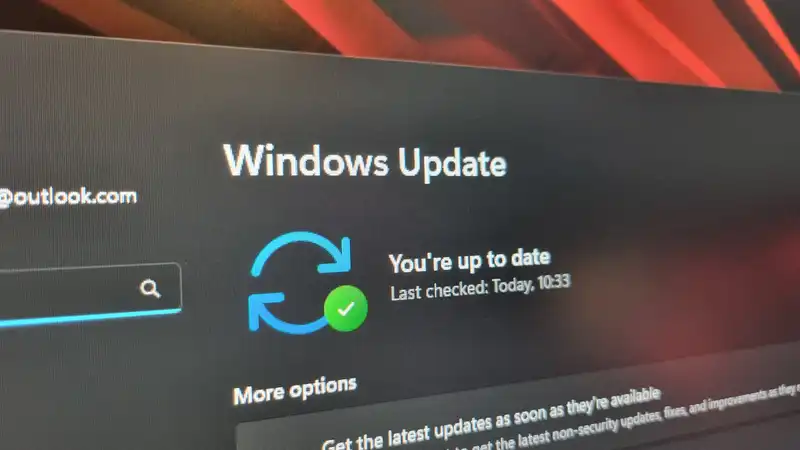Windows updates often feel like a necessary evil, but they are an evil nonetheless. Who among us has not been interrupted by a huge update package download or selected the “update and shut down” option at the end of a long day?
Windows 11 version 24H2 has been available through the Windows Insider program for some time now, and is scheduled for this release at some point later this year. According to Microsoft, as part of the update, it introduces updated features and security enhancements through a smaller incremental download package that contains only changes from the previous update.
Basically, previous Windows updates tended to be larger in size and the download packages contained files that were not necessarily necessary (via Windows Latest). If you are updating your system incrementally (which you really should be in order to maintain a secure operating system), then starting with the 24H2 release, you should only download and install updates that you need, not the entire kitchen sink.
Microsoft has also stated that they may release cumulative updates as checkpoints as well as feature updates and security fixes. This process could be repeated multiple times to generate multiple checkpoints, which could then be merged into a servicing stack so that only the missing content can be downloaded and installed on a particular device.
Users who process updates via Windows Update, Windows Update for Business, Windows Autopatch, or Windows Server Update Services do not need to take any No action is required. If your system is set up to be updated regularly and has been upgraded to 24H2, from that point on the updates should be much smaller in size and install faster.
This is good not only for Windows users, but also for Microsoft itself: while Windows 11 has not been the huge success Microsoft had hoped for, leaked documents show that as of last October, over 400 million monthly active devices in use in the United States. If the file size can be reduced, it should ease the burden on Microsoft's update servers.
It remains to be seen how much the average update installation time will be reduced, but the effect should be significant, and those who maintain small SSDs or suffer from slow Internet connections can breathe a sigh of relief. Now if only someone would tell the myriad third-party game launcher apps that they don't need to install massive updates on a regular basis, just the ones the end user actually needs, that would be great.


Comments